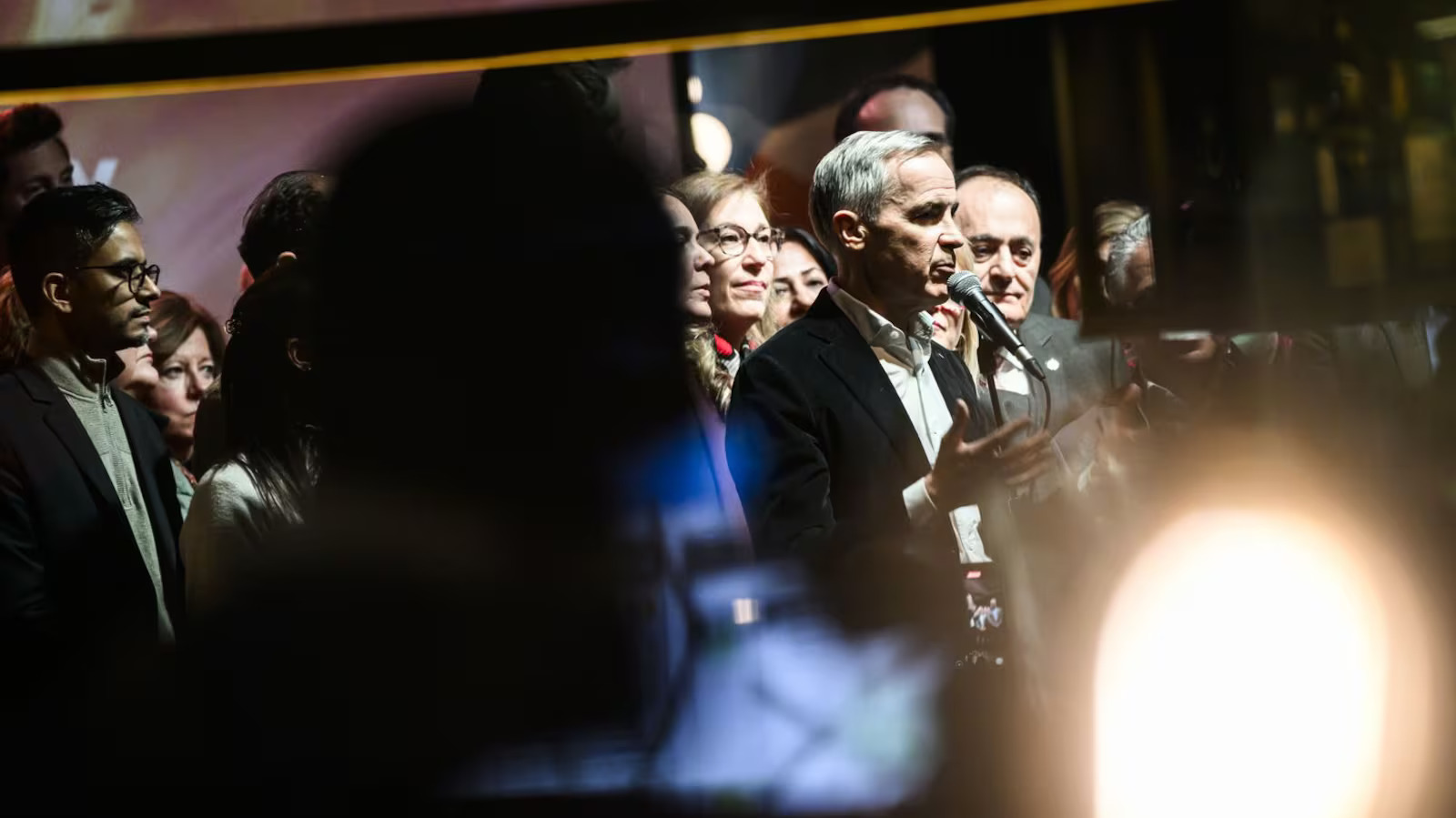Liberal leadership candidate Mark Carney is set to announce a major shift in climate policy on Friday, proposing the elimination of the consumer carbon price while maintaining industrial carbon pricing. The former Bank of Canada governor and UN climate envoy plans to replace the controversial consumer carbon tax with incentives aimed at encouraging greener choices, such as energy-efficient appliances, electric vehicles, and home insulation upgrades.
“The consumer carbon tax isn’t working — it’s become too divisive,” Carney said in a statement ahead of the announcement. “That’s why I’ll cancel it and replace it with incentives to reward people for greener choices.”
Carney’s plan would also require major polluters, including oil and gas companies, to contribute to funding these incentives while continuing to pay for their emissions. The announcement, scheduled for Friday morning in Halifax, will be attended by former housing minister Sean Fraser and Atlantic caucus chair Kody Blois.
Carney’s proposal signals a potential end to one of Prime Minister Justin Trudeau’s flagship climate policies. Introduced in 2019, the carbon pricing system currently charges $80 per tonne of emissions and consists of two branches: one for industrial polluters and another for consumers.
The consumer carbon price applies to 22 types of fuel, adding approximately 17.6 cents to a litre of gasoline and 15 cents to a cubic metre of natural gas. While the government offsets these costs through quarterly rebates, the policy has faced persistent criticism and declining public support.
Conservative Leader Pierre Poilievre has made “axing the tax” a central theme of his campaign, dismissing the Liberals’ proposed changes as insincere. “They’re all ‘Carbon Tax’ Liberals,” Poilievre said, referring to the leadership candidates.
Carney is not alone in distancing himself from the consumer carbon price. Other Liberal leadership contenders have also proposed changes:
- Chrystia Freeland, former finance minister, has pledged to end the consumer carbon price.
- Karina Gould, former House leader, plans to freeze the carbon price at its current rate, canceling the scheduled April 1 increase.
- Frank Baylis, a businessman and former MP, has criticized the policy for “hurting the wrong people” but has yet to provide specific alternatives.
All candidates appear to support retaining the industrial carbon pricing system, which targets large emitters like oil sands operations, auto manufacturers, and steel plants.
A March 2024 analysis by the Canadian Climate Institute found that the industrial carbon pricing system is responsible for the majority of emissions reductions, accounting for more than 80% of the projected 100 million tonnes of annual cuts by 2030. The consumer carbon price, by contrast, contributes only about one-fifth of the reductions.
Carney, who has long advocated for carbon pricing as a tool to combat climate change, acknowledged the need for change during his leadership launch in Edmonton on January 16. “If carbon pricing is to go, it must be replaced with something that is at least, if not more, effective,” he said.
Carney’s plan reflects a broader shift in the Liberal Party’s approach to climate policy, moving away from a divisive tax on consumers and toward incentives that encourage sustainable choices. By targeting major polluters to fund these incentives, Carney aims to balance environmental goals with economic fairness.
As the Liberal leadership race heats up, Carney’s proposal is likely to spark debate over the future of Canada’s climate strategy and the role of carbon pricing in achieving net-zero emissions.

